On Feb. 19, DePaul’s College of Law hosted a lecture called “Ferguson 2.0: Violence, Race and Law.” This was the second part of the Elund Scholar-in-Residence Program, where students, faculty and friends heard differing perspectives from guest speakers. This particular lecture focused on the inequality of the justice system and how race plays a part in it at a time when race relations in the country are tense.
Paul Butler, a professor of law at Georgetown University, led the lecture and gave a thought-provoking presentation to his audience. Butler explored the racial disparities of the criminal justice system in the United States. His lecture centered around questions such as, “Does the criminal justice system sufficiently capture and punish violence by white Americans, especially violence directed against people of color? Is comparing “black on black” crime to police killings of black individuals a “false equivalence?”
In light of the of the recent grand jury decisions on the killings of unarmed black men by police, these conversations are extremely relevant. The lecture presented how the mass incarceration of blacks for non-violent crimes portrayed a criminal justice system where the punishment was harsher than the crime itself. Especially when it boiled down to the race of the perpetrator.
“Most people who are exposed to conditions such as poverty, unemployment, wealth inequality, poor education and substandard housing commit crime. These structural factors are actually provoking crimes to be committed by whites and blacks alike,” Butler said. “Why don’t we think of these factors as violent within themselves?”
Butler said a criminal justice system where a drug offense is deemed more problematic than the taking of a life depicts an unjust system that is in theory based upon equality. The non-violent crimes committed by blacks that result in death by police or harsh sentencing stem from selective enforcement, a product of a broken system. When two people of a different race commit the same crime, it will more than likely result in different convictions.
Factors that are not taken into consideration when the political term “black on black” crime is used analyze the criminal justice system, Butler said. In reality these factors are the root of the problem. Addressing the context of the crime being committed is crucial, yet it’s become so much about the consequence and the punishment afterwards. The punishment becomes a source of control over an issue with no solution being addressed.
“I do believe students as individuals can become knowledgeable enough to begin to create change within our communities that would resonate out,” DePaul student Jasmine Hall said. However, academia functions as an institution like all others with its job being to maintain the status quo. It will never fully prepare students for real structural or revolutionary change.”
DePaul student Olivia Cunningham said the discussion played a key part in addressing this issue in society. “I think academia can ignite change if these concepts were explained and discussed,” Cunningham said.


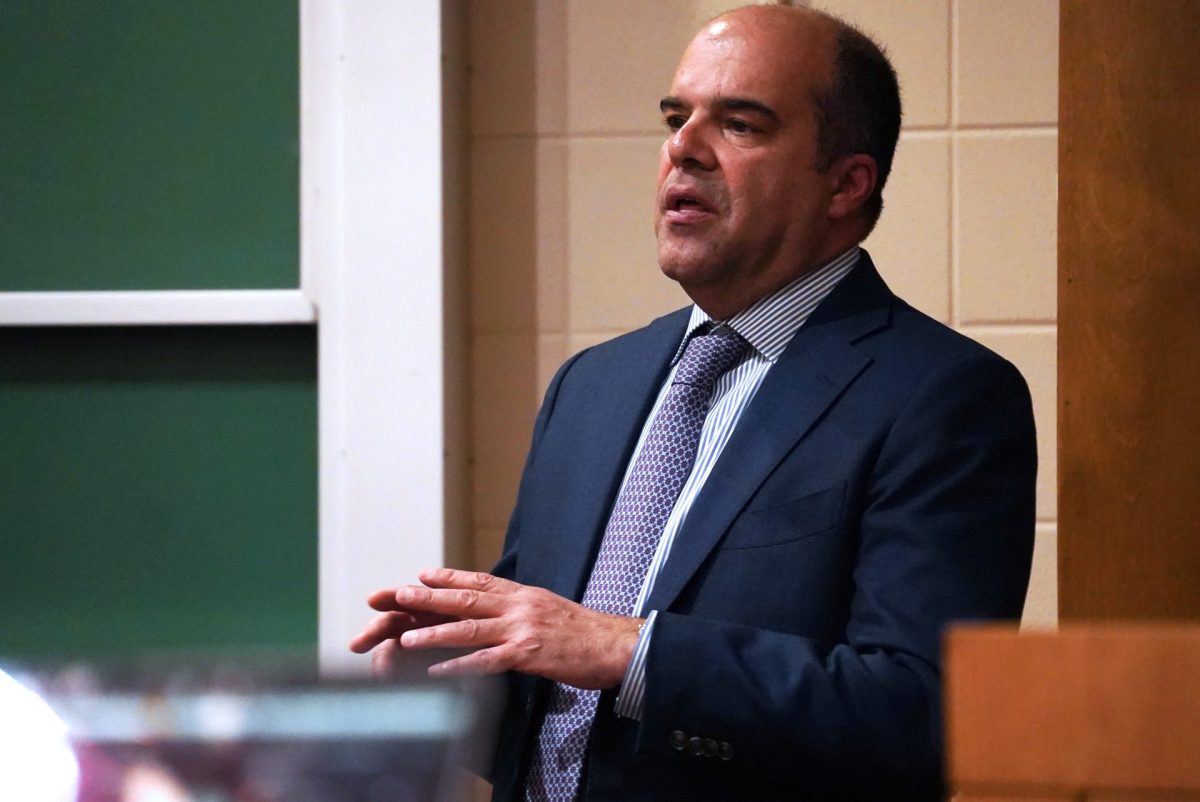



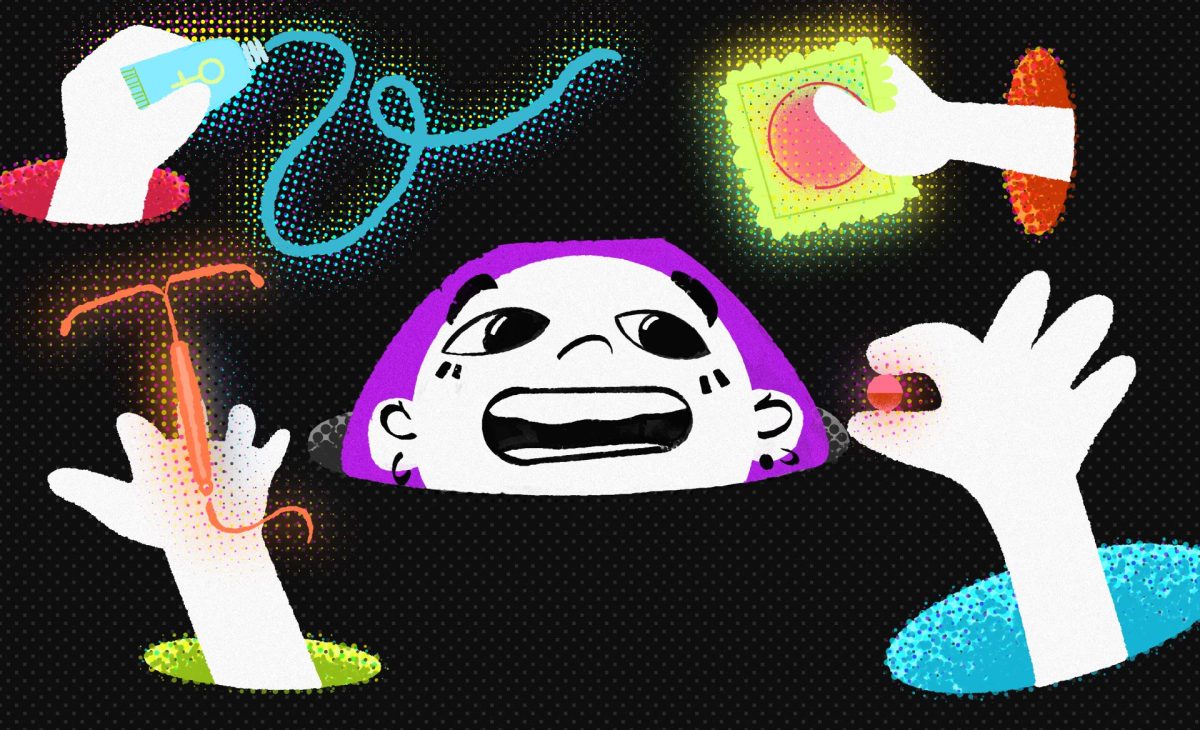

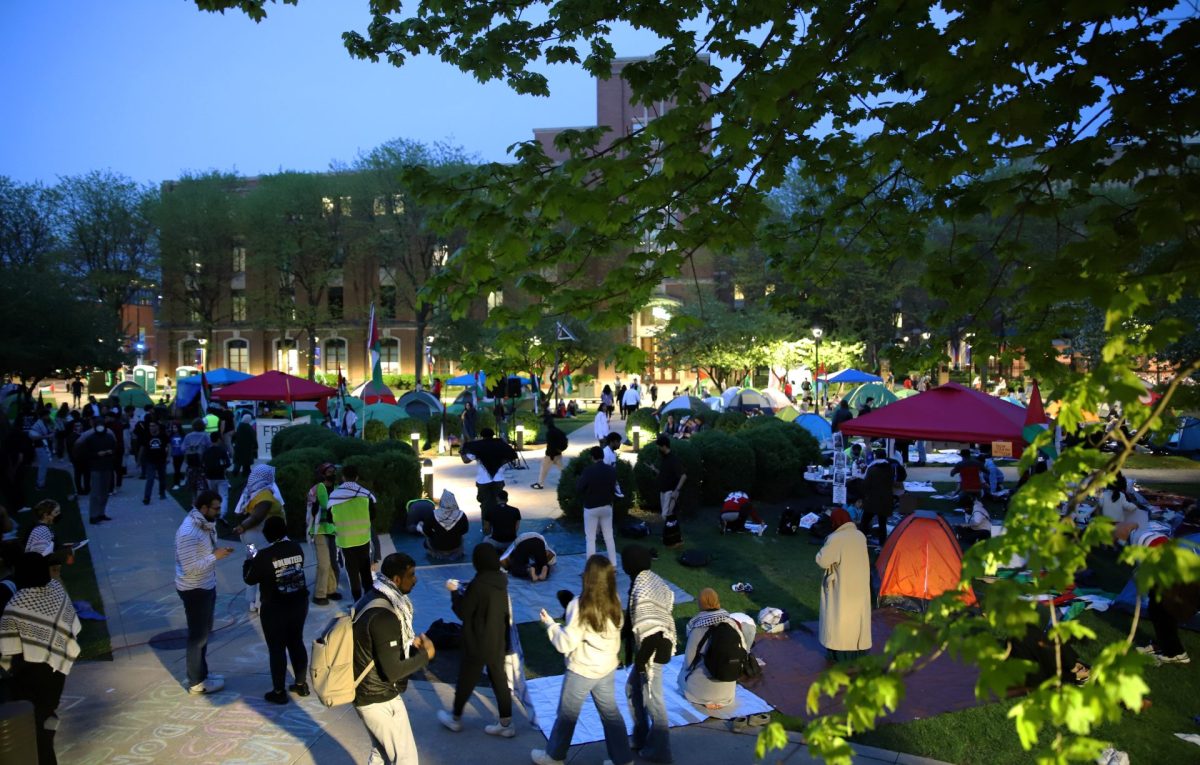
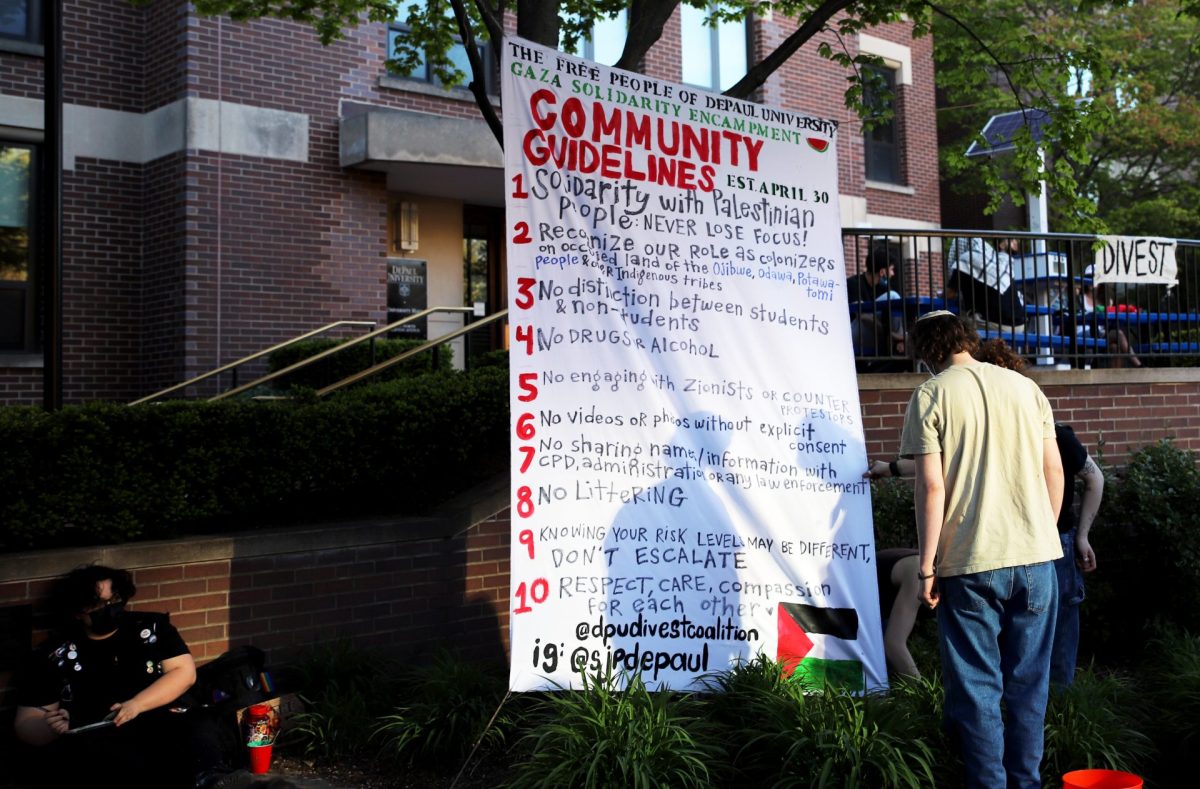
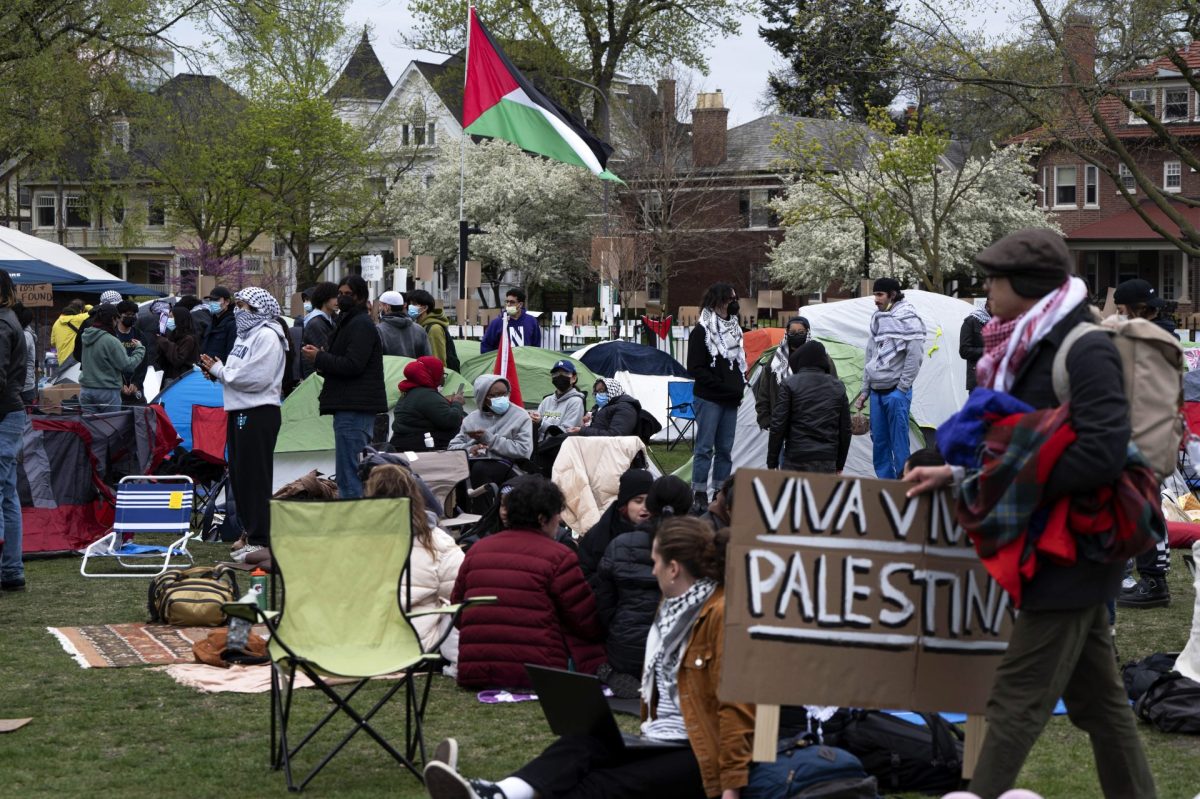
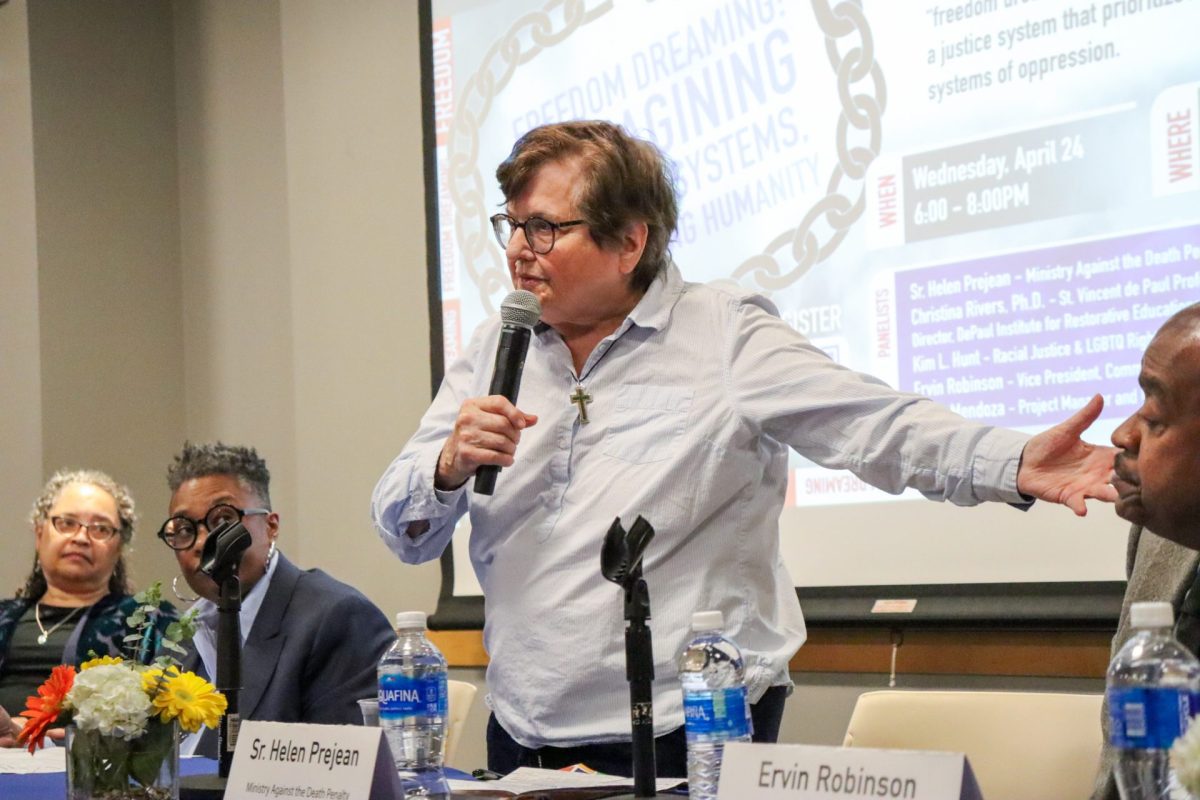
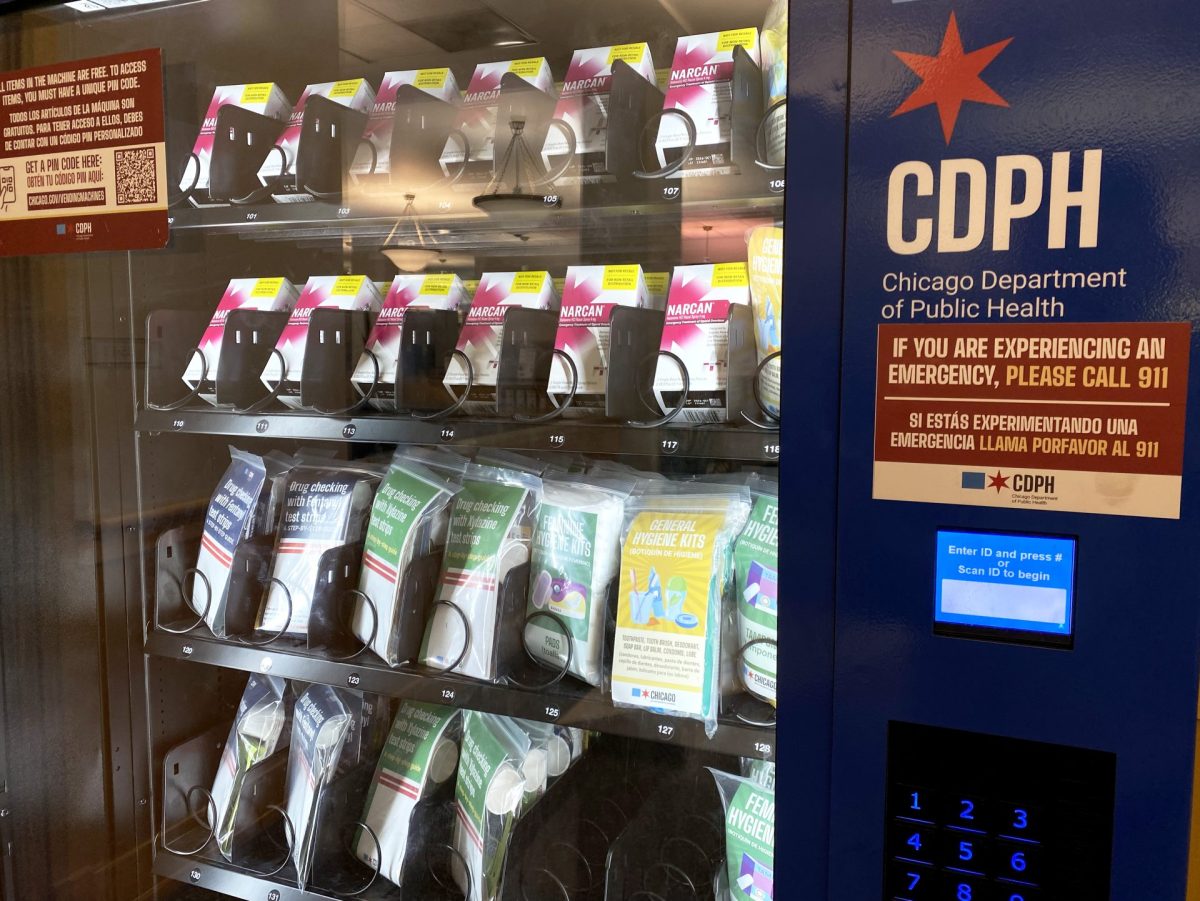

Paige Smith • Jun 2, 2015 at 8:28 am
Race equality is so important. Isn’t it great that we are all different. Every person has their own culture they are from and no culture should change another. Rather we should celebrate our cultures and make the world more colorful.